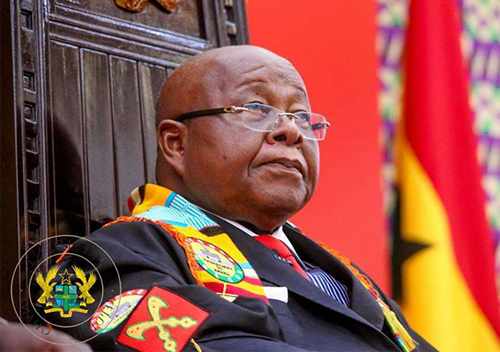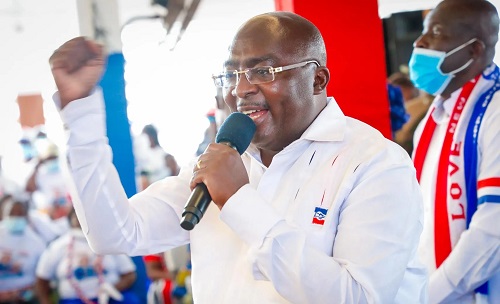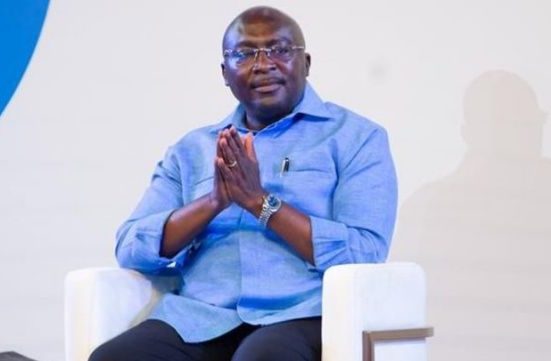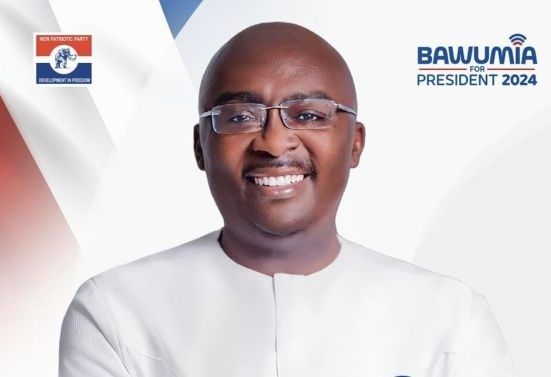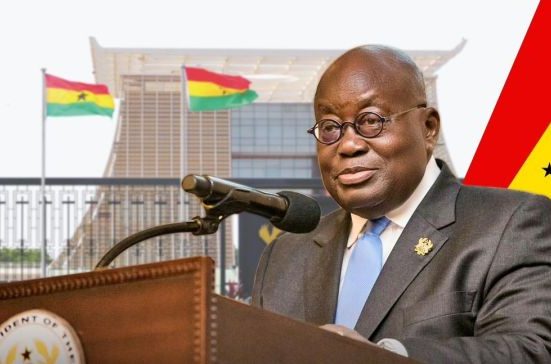Former Speaker of Parliament, Prof. Mike Oquaye, has expressed his perspectives on the notion of a 24-hour economy, which is a significant subject in Ghana’s economic discussions.
During an interview on Starr Chart with Bola Ray, Prof. Oquaye provided an in-depth explanation, stating that although the concept of a 24-hour economy is frequently promoted, it cannot be established merely as a policy; instead, it should be viewed as a result of effective economic strategies. In his reflections on the ongoing dialogue regarding this concept, he noted,
24-hour economy to my mind is an end result, it’s not a policy. What do you mean you are going to create 24-hour work? You do something like an eight-hour shift, creating employment… The 24-hour economy will come as a result of that.
He underscored that establishing a 24-hour economy necessitates the advancement of essential sectors, including business process outsourcing (BPO) and manufacturing.
By providing examples, Professor Oquaye pointed out that specific industries, such as beverage production and confectionery, have the capacity to function in continuous shifts without requiring governmental authorization. He stated,
You don’t need anybody’s permission to do that. It is an end result of a stimulating policy or a chain of stimulating policies that move the economy beyond eight hours.
He also addressed Vice President Dr. Mahamudu Bawumia’s commitment to generating one million jobs via Business Process Outsourcing (BPO), emphasizing that such initiatives could play a significant role in fostering a 24-hour economy.
When Dr. Bawumia now tells you that he will lead a way whereby one million Ghanaians will be involved in BPOs, working with America, working with Australia, and so on… the 24-hour economy will come.
Professor Oquaye emphasized the necessity of a strong economy to realize this vision. He underscored the significance of economic development and the adoption of innovative policies, pointing out,
You cannot just declare a 24-hour economy. When you follow and pursue certain good policies, then it will come as a result.
The interview highlighted the former Speaker’s practical perspective on economic transformation, emphasizing the necessity for policies that encourage industrial growth, generate employment opportunities, and organically increase working hours, rather than attempting to impose a 24-hour economy through mandates.



